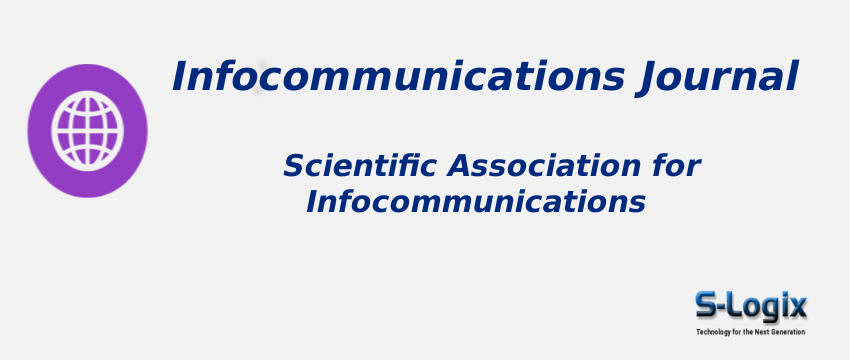Journal Home: Journal Homepage
Editor-in-Chief: Pál Varga
Print ISSN: 20612079
Electronic ISSN: 20612125
Abstracting and Indexing: Scopus
Imapct Factor :
Subject Area and Category: Computer Science, Computer Science (miscellaneous), Engineering, Electrical and Electronic Engineering
Publication Frequency:
H Index: 12
Q1:
Q2:
Q3: Computer Science (miscellaneous)
Q4:
Cite Score: 2.7
SNIP: 0.599
Journal Rank(SJR): 0.296
Latest Articles: Latest Articles in Infocommunications Journal
Guidelines for Authors: Infocommunications Journal Author Guidelines
Paper Submissions: Paper Submissions in Infocommunications Journal
Publisher: Scientific Association for Infocommunications
Country: Hungary
